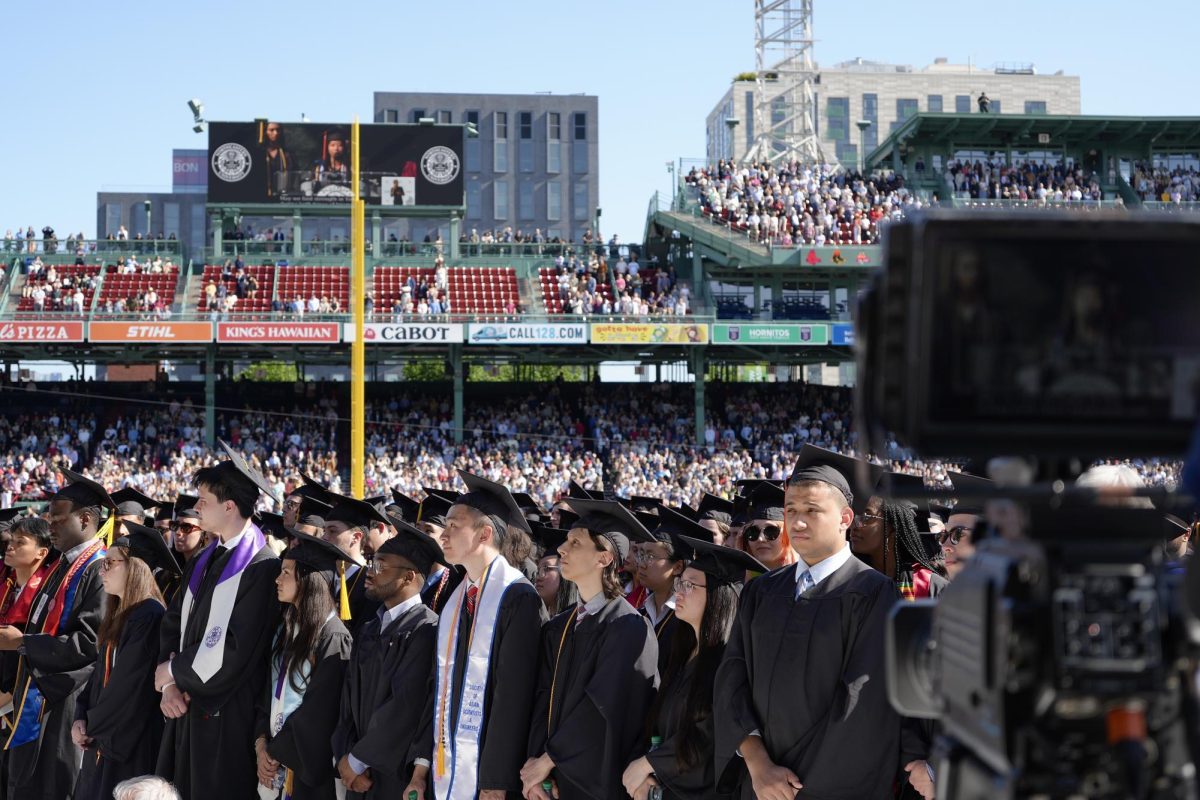For the past few days, the set of “Jeopardy!,” one of the last places in America where being a turbo-nerd about relatively useless facts is not only acceptable but profitable, has morphed itself into a testing ground for modern artificial intelligence.
IBM, in a department that will surely be renamed SkyNet at some point, has spent the last several years perfecting Watson, an advanced analytical computer that can interpret requests made in plain English, ascertain what the requestor wants, and piece together the answer from disparate slices of data. To do this, Watson needs to understand the nuances of the English language and the subtleties of words – a task that is exceedingly simple for humans, but has proved near impossible for computers.
Watson earns its name from the founder of IBM, Thomas J. Watson, and not, as one may hope, from the literary sidekick. Hopefully, a decade down the line, the next generation of IBM computing will be called “Holmes,” and will be capable of chastising Watson for incorrect readouts.
To test out Watson, IBM has worked with “Jeopardy!” to create a three-day, two-game challenge against the best “Jeopardy!” players in history: Ken Jennings, who became a household name during his astonishing 74-game, six-month winning streak; and Brad Rutter, who set the all-time “Jeopardy!” winnings record with over $3.2 million.
The stakes are high, and not just in terms of prize money. (First place gets $1 million, second place $300,000, and third place $200,000.) IBM has pledged to donate all its winnings to charity, and both Jennings and Rutter will donate half. The “Jeopardy!” event serves as Watson’s coming out party, its introduction to the world at large.
The system has great implications beyond throwing off the curve at bar trivia nights across the country. IBM said the technology will go on to provide analysis of the global financial market, improve customer service and technical support, and perhaps most promisingly, improve speed, quality and accuracy of medical diagnoses across the globe.
IBM has a long history of using games as testing grounds for technology. In the late ’90s, IBM produced Deep Blue, a computer that used state-of-the-art processing and power then unheard of. Deep Blue showed off its power by playing a series of games against Garry Kasparov, considered one of the greatest chess players in the history of the game. Deep Blue became the first computer to defeat a grandmaster.
An interesting side-note: In response to Deep Blue’s win, a computer engineer named Omar Syed and his son Aamir developed a game called Arimaa, which was designed to be relatively simple for humans to play and understand, but exceedingly difficult for computers to play. So far, top human players frequently defeat the top computer players without losing a single piece. (Perhaps Watson will lead to a similarly challenging trivia game. In fact, I’m making it now. It’s called “TurboJeopardy!,” and it takes place entirely through interpretive dance, sign language, and references to 1990s sitcoms. Let’s see IBM come up with an answer for that one.)
Because of the time constraints of newspapers, this column was written before the matches were complete. IBM has said it will publish footage of the event on its website, so if you’re interested in seeing the rise of our future overlords, feel free to sit down with a bowl of popcorn and cower in fear.
From what’s been aired so far, it’s clear Watson is far from perfect. In one instance, it parrots Jennings’ incorrect answer, and in another it misses a key component of an answer about an Olympian’s leg – specifically, that he only had one. Watson performed admirably otherwise and managed to finish the first round tied for first with Rutter.
Even if Watson wins against Jennings and Rutter, it is not necessarily a defeat for humanity. Arguably, it is much more of a triumph; Watson signifies the closest we have come to creating artificial intelligence, and one of the greatest technological achievements in computer science thus far. The ideas and work IBM has put into Watson will form a foundation for future scientists to build upon, leading to technologies and devices we can barely conceive of today. And I bet they’ll be damn good at “Jeopardy!.”
– Michael Denham can be reached at comments@huntnewsnu.com.








